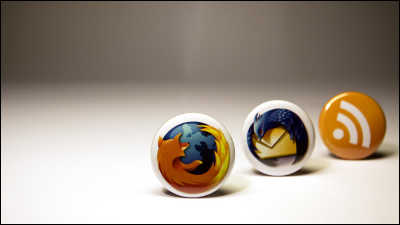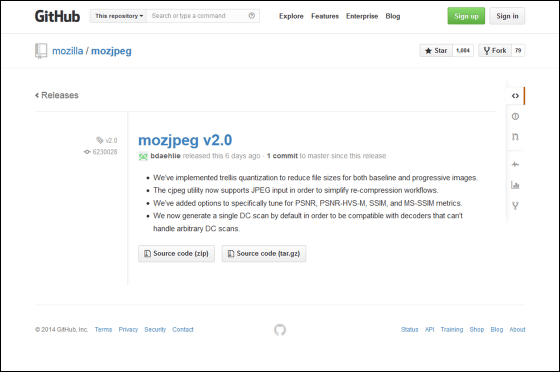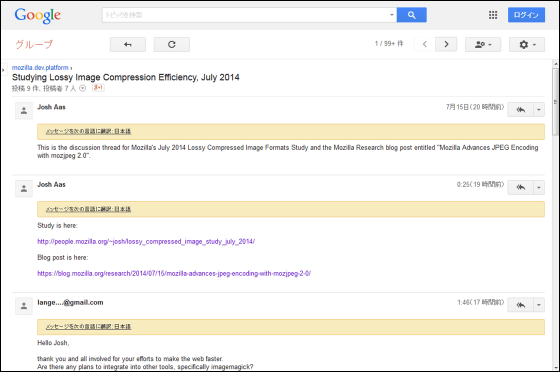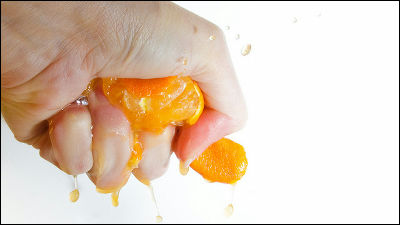Facebook funds Mozilla's "mozjpeg" to speed up the whole web

ByFrancesco Lodolo
"Mozjpeg" which is a project to further increase the compression ratio of JPEG images widely used on the Internet and to reduce the load of the traffic of the entire net, is a new version of the encoder "Mozjpeg 2.0We released the source code on GitHub. It has also been made clear that Facebook is supporting $ 60,000 (about 6 million yen) for Mozilla, which is promoting this project, and is considering investigating the operation with that service.
Mozilla Advances JPEG Encoding with mozjpeg 2.0 | Mozilla Research
https://blog.mozilla.org/research/2014/07/15/mozilla-advances-jpeg-encoding-with-mozjpeg-2-0/
Mozilla advances developmentA new JPEG encoder "mozjpeg"Is being developed to compress the size of image data which is said to occupy the majority of net traffic and realize speedup of the whole web, the first version announced in March 2014 "Mozjpeg 2.0" was released at just after 4 months.
According to the announcement in the blog, the main feature of mozjpeg 2.0 is lattice quantizationTrellis quantization) Must be used. With this improvement, we achieved an average reduction of 5% in both progressive JPEG and baseline JPEG. On the other hand, "mozjpeg" which is the previous version was only compatible with progressive JPEG.
For this mozjpeg 2.0, Facebook, the largest SNS service, announced support. In addition to conducting tests by introducing mozjpeg 2.0 to the image compression technology used on the service, we provide funding of $ 60,000 (about 6 million yen). Stacy Kerkela of Facebook soft engineering manager commented that "I expect the effect of mozjpeg 2.0 on image optimization and the resulting user experience improvement".
Since the source code of mozjpeg 2.0 is released on GitHub, anyone can freely download and use it.
Release mozjpeg v 2.0 · mozilla / mozjpeg · GitHub
https://github.com/mozilla/mozjpeg/releases/tag/v2.0

In addition, Mozilla has created a discussion group in the Google group and is widely recruiting opinions from users.
Studying Lossy Image Compression Efficiency, July 2014 - Google Group
https://groups.google.com/forum/#!topic/mozilla.dev.platform/ojUnRwWoC-U

Related Posts:
in Software, Web Service, Posted by darkhorse_log







